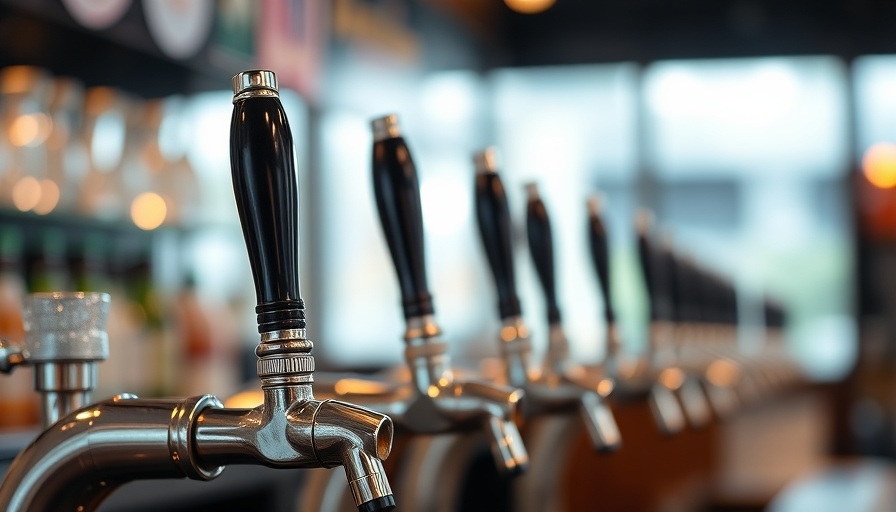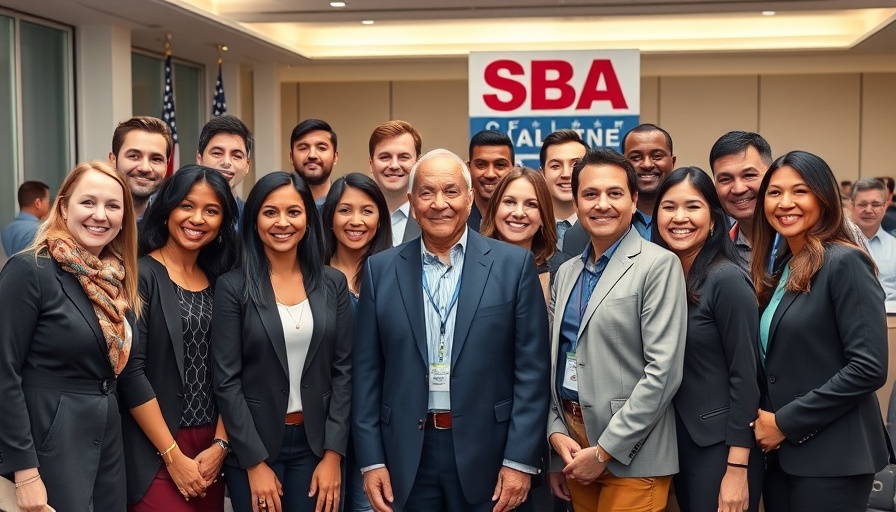
Escalating Insurance Costs Threaten Small Businesses in the Midlands
In the heart of South Carolina, the delicate balance between entrepreneurship and financial sustainability is under severe strain as liquor liability insurance costs continue to skyrocket. This increase, which data shows has been ongoing since 2017, has compelled many small business owners like Kimberly Gagliardi to reevaluate their operational models or even discontinue their ventures altogether.
Bars and restaurants across the Midlands are grappling with the pressure; mandates require these establishments to maintain a liquor liability insurance policy with coverage exceeding one million dollars. Gagliardi, the owner of Random Tap, has felt the brunt of this financial burden. "Our insurance has more than doubled in the last three years," she recounted, emphasizing that even personal investments were unable to keep her dream afloat. With no profits to show, her business now must transform. "We're changing to a breakfast spot, and this switch could save me 80% on insurance," she explained as she prepares to reopen as Eatery 117 in May 2025.
The Ripple Effects on Local Culture
The implications of these rising costs extend beyond individual establishments. Susan Cohen from the South Carolina Restaurant & Lodging Association articulated the significant cultural risks at stake. "When you witness iconic locals close their doors, it's heartbreaking. We could lose the essence of our communities if businesses can't survive the insurance crunch," Cohen warned. As the community stands on the precipice of losing beloved institutions, the call for legislative action grows louder.
Community Resilience and Future Prospects
Despite the challenges, the resilience of small business owners shines through. Many are adapting by diversifying services or pivoting toward more stable models, but this shouldn’t mask the underlying issue. Advocates are pushing for intervention, highlighting the urgent need for affordable insurance options to support these local businesses essential to their communities.
Without changes to the liquor liability insurance landscape in South Carolina, the state's vibrant small business culture risks fading. As stakeholders rally for reforms, the future remains uncertain; yet, the determination of entrepreneurs like Gagliardi embodies the hope that South Carolina’s small businesses can weather this storm. Their stories of perseverance not only inspire, but they serve as a rallying point for a movement seeking a balanced approach to community business sustainability.
 Add Row
Add Row  Add
Add 




Write A Comment